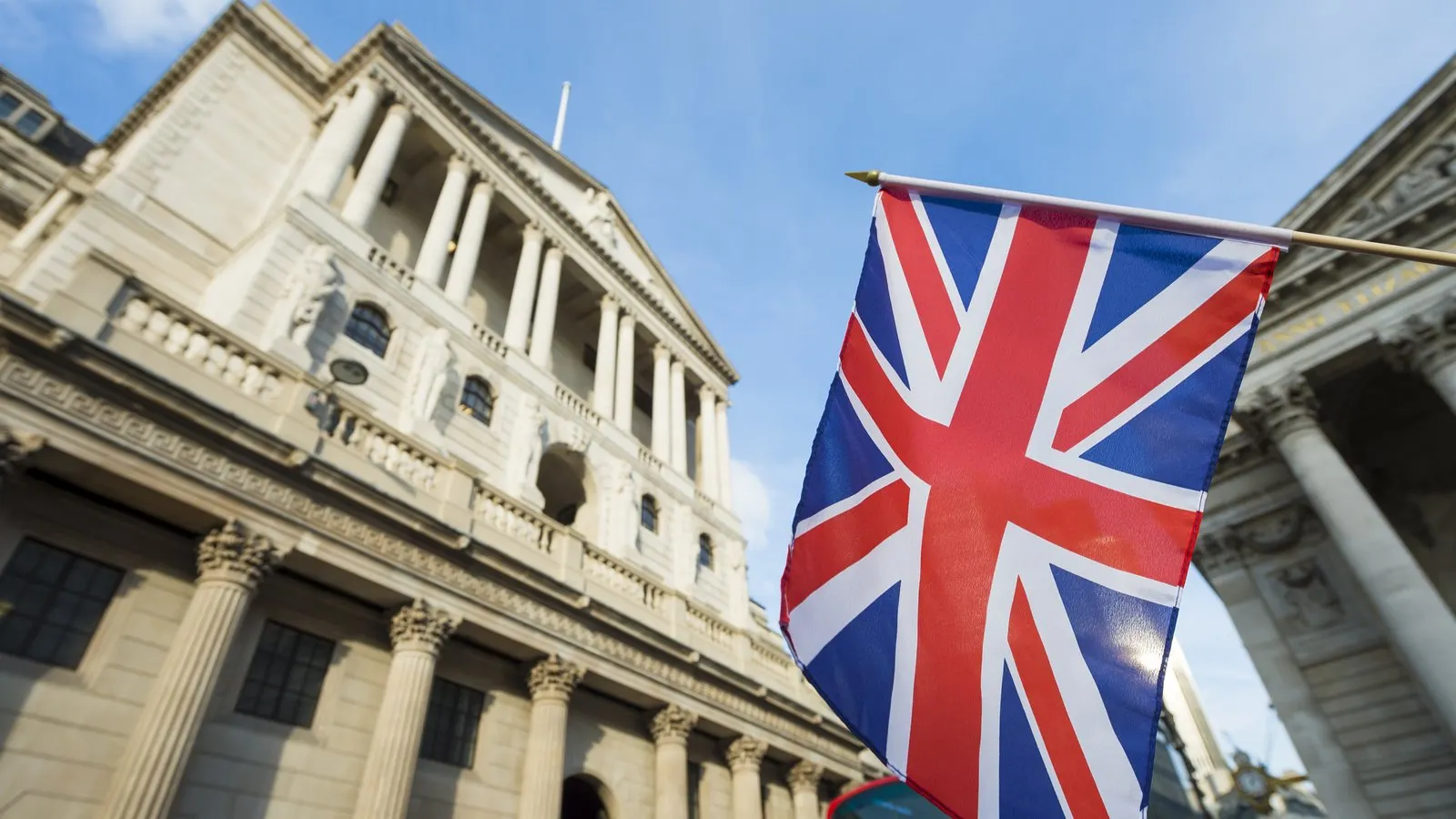The United Kingdom isn’t releasing a digital pound—not yet, anyway.
In a report that examines the responses from a consultation paper from the Bank of England and His Majesty’s Treasury, the government department and central bank said that another study would be necessary before a central bank digital currency (CBDC) drops in the UK.
A CBDC is a digital currency that—unlike virtual coins Bitcoin, Ethereum, or Dogecoin—is controlled by a central authority: a central bank, to be precise.
“No final decision has been made to pursue a digital pound—also called a central bank digital currency,” a joint statement from the two bodies read. “We will make sure we can design a digital pound that will work for you before any decision is made on whether or not to start building it.”
Some 50,000 British members of the public, businesses, civil society and academics gave responses to the consultation. The concerns around going full steam ahead with such a technology relate to privacy concerns, the paper said.
Britain says a digital pound would be private, but not anonymous—unlike cash.
But despite many businesses in the U.K. now not accepting cash, the paper said that “a digital pound would not replace cash, so the public would continue to have access to an anonymous payment option.”
It added that the government has committed to introducing primary legislation with a vote in both Houses of Parliament before any launch of the digital pound, which would “guarantee both users’ privacy and that neither the Bank of England nor the Government would control how you spend your money.”
Some 130 countries, representing 98 percent of global GDP, are currently exploring a CBDC, according to the Atlantic Council’s tracker. China’s digital yuan is the most advanced: The nation rolled out a digital wallet for its citizens, and in some Chinese provinces, people can receive their salaries in digital yuan.
A total of 64 countries are in an advanced phase of exploration, which includes development, pilot, or launch.
Edited by Andrew Hayward

